Understanding houseplant pests
Houseplants can bring a touch of nature and vibrancy into your living space, but they can also attract unwanted guests in the form of pests. These tiny invaders can wreak havoc on your beloved plants, causing damage to leaves, stems, and roots. Exploring natural ways to control houseplant pests is the first step in developing an effective and eco-friendly control strategy.
Some of the most common houseplant pests include:
- Aphids: These sap-sucking insects can quickly multiply and leave behind a sticky residue known as honeydew, leading to sooty mold growth.
- Spider mites: These tiny arachnids spin intricate webs and feed on plant cells, causing leaves to turn yellow or brown and eventually drop off.
- Fungus gnats: While the adults are merely a nuisance, their larvae can damage plant roots and stunt growth.
- Mealybugs: These cottony insects cluster on stems and leaves, feeding on plant sap and excreting a sticky substance that can attract ants and sooty mold.
Identifying the specific pest affecting your houseplants is crucial for implementing the appropriate control measures.
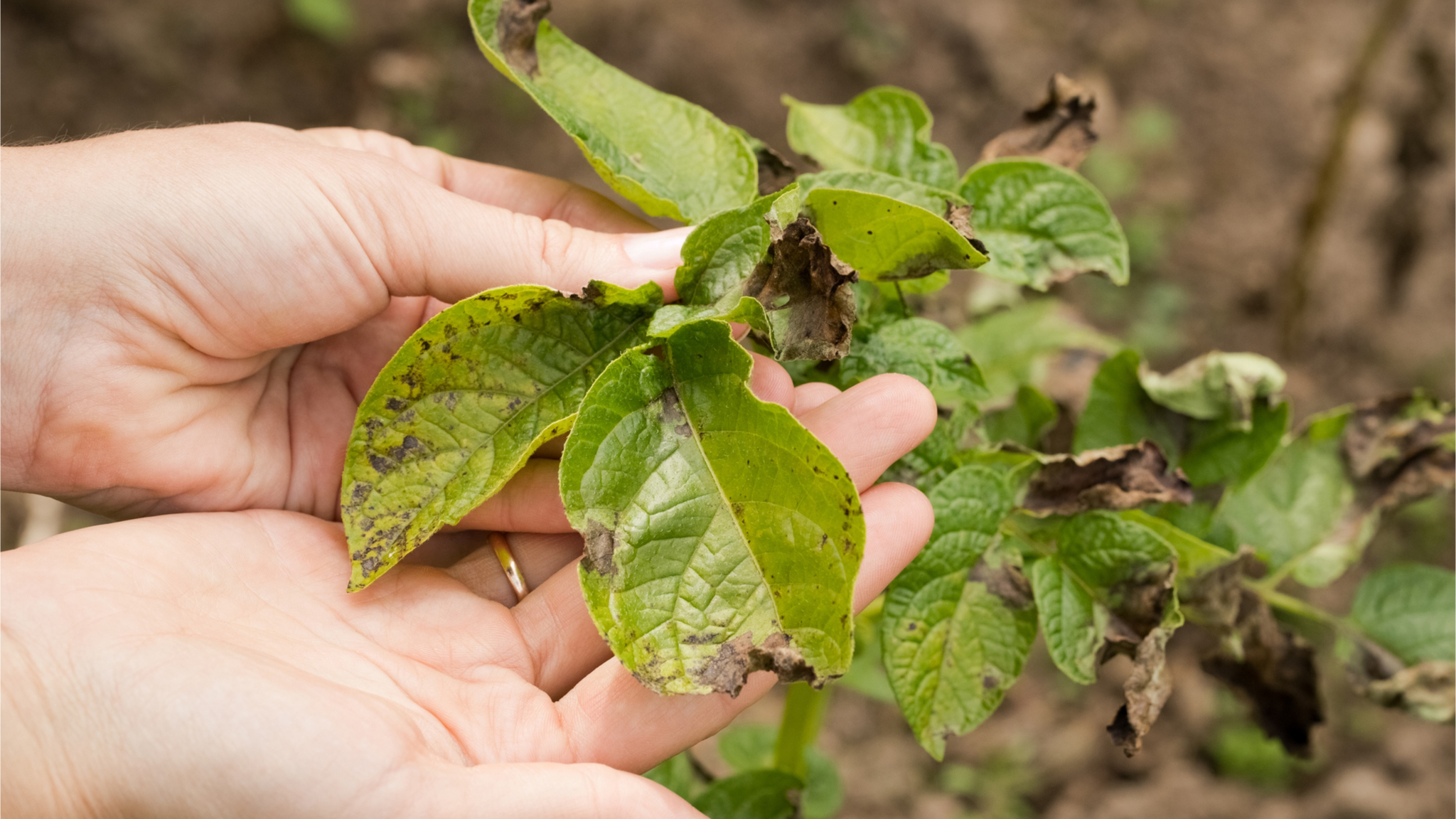
The importance of non-chemical pest control methods
While chemical pesticides can effectively control houseplant pests, they can also pose risks to humans, pets, and the environment. Non-chemical methods offer a safer and more sustainable approach to pest management. These methods protect your plants and promote a healthier indoor environment for you and your loved ones.
By adopting non-chemical pest control strategies, you can:
- Reduce your exposure to potentially harmful chemicals.
- Minimize the impact on beneficial insects and other organisms.
- Contribute to a more sustainable and environmentally friendly lifestyle.
- Avoid the development of pesticide resistance in pests.
Embracing non-chemical methods empowers you to take a proactive and responsible approach to caring for your houseplants while promoting a greener, healthier living space.
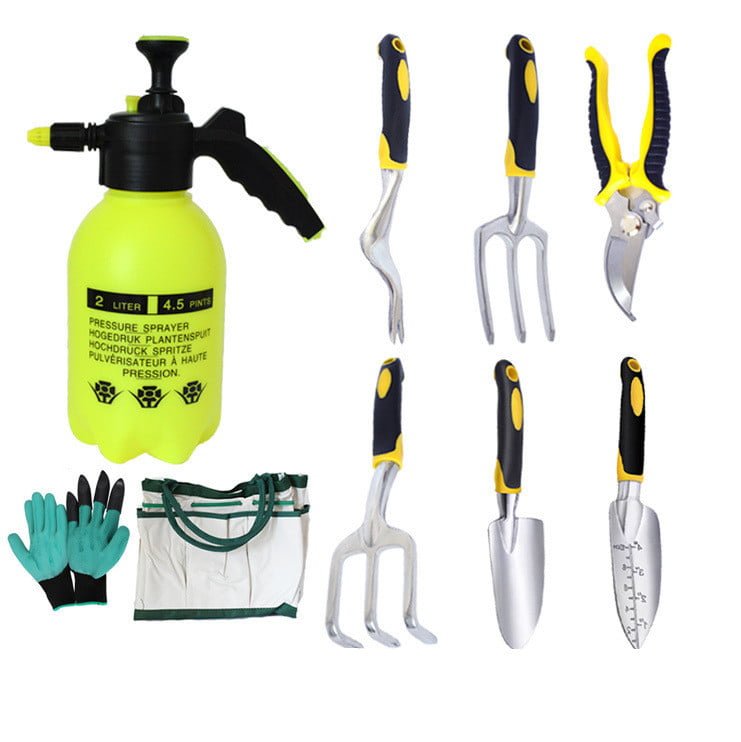
Natural Ways to Control Houseplant Pests and Keep Your Plants Healthy
Nature provides a wealth of effective and eco-friendly solutions for controlling houseplant pests. By harnessing the power of natural ingredients and techniques, you can safeguard your plants without resorting to harsh chemicals. Here are some natural ways to control houseplant pests:
- Insecticidal soap: This gentle, plant-based soap can effectively control soft-bodied pests like aphids, mealybugs, and spider mites. Mix a few drops of insecticidal soap with water and spray directly onto the affected plants.
- Neem oil: Derived from the neem tree, this natural oil has insecticidal and fungicidal properties. It can be used as a foliar spray or soil drench to combat various pests and diseases.
- Diatomaceous earth: This powdery substance, derived from fossilized algae, can dehydrate and kill soft-bodied pests like aphids and mealybugs. Sprinkle it onto the soil or directly onto the affected plants.
- Beneficial insects: Introducing predatory insects like ladybugs, lacewings, or parasitic wasps can help control pest populations naturally. These beneficial insects prey on common houseplant pests without harming your plants.
- Horticultural oils: Lightweight oils, such as neem, jojoba, or canola oil, can suffocate and kill pests like spider mites and scale insects. Apply them as a foliar spray or soil drench.
- Pruning and removal: Regularly inspecting your plants and removing any infested leaves, stems, or debris can help prevent the spread of pests and reduce their populations.
Incorporating these natural methods into your houseplant care routine allows you to effectively control pests while promoting a healthier and more sustainable indoor environment.
Controlling aphids on houseplants
Aphids are among the most common and destructive pests that can infest your houseplants. These soft-bodied insects feed on plant sap, causing leaves to curl, discolor, and stunt growth. Fortunately, there are several effective non-chemical natural ways to control houseplant pests like aphids, helping to manage their infestations without harsh chemicals.
- Insecticidal soap spray: Mix a few drops of insecticidal soap with water and spray directly onto the affected plants, making sure to coat both the upper and lower leaf surfaces. Repeat the application every 7-10 days until the infestation is under control.
- Neem oil treatment: Neem oil is a natural insecticide that can effectively control aphids. Dilute the neem oil according to the manufacturer’s instructions and apply it as a foliar spray or soil drench.
- Water spray: A strong stream of water can dislodge and knock off aphids from your plants. Use a garden hose or spray bottle to thoroughly rinse the affected areas, taking care not to damage the delicate plant tissues.
- Sticky traps: Yellow sticky traps can help monitor and capture winged aphids, preventing them from spreading to other plants.
- Encourage natural predators: Attract beneficial insects like ladybugs, lacewings, and parasitic wasps to your indoor garden. These natural predators will feed on aphids and help keep their populations in check.
- Pruning and removal: Regularly inspect your plants and remove any heavily infested leaves or stems. This can help reduce the overall aphid population and prevent further spread.
By implementing a combination of these non-chemical methods, you can effectively manage aphid infestations on your houseplants while promoting a healthier and more sustainable indoor environment.
Home remedies for houseplant pests
In addition to commercially available natural products, several home remedies can be effective in controlling houseplant pests. These remedies are often inexpensive, readily available, and environmentally friendly. Here are some home remedies to consider:
- Garlic spray: Blend a few cloves of garlic with water and strain the mixture. Add a few drops of dish soap to the garlic water and spray onto the affected plants. The pungent aroma can deter pests like aphids, spider mites, and whiteflies.
- Chili pepper spray: Mix a few tablespoons of chili powder or crushed chili peppers with water and a few drops of dish soap. This spicy concoction can repel pests like aphids, mealybugs, and thrips.
- Baking soda solution: Combine one teaspoon of baking soda and a few drops of insecticidal soap or vegetable oil with one quart of water. This solution can help control fungal diseases and soft-bodied pests like aphids and mealybugs.
- Rubbing alcohol spray: Dilute isopropyl alcohol with water (1 part alcohol to 3 parts water) and spray onto the affected areas. This can effectively kill pests like mealybugs and spider mites on contact.
- Hydrogen peroxide drench: Mix one part hydrogen peroxide with four parts water and drench the soil around the affected plants. This can help control fungus gnats and other soil-dwelling pests.
- Herbal sprays: Steep herbs like rosemary, thyme, or mint in water and strain the mixture. Add a few drops of dish soap and use it as a foliar spray to repel pests like aphids, spider mites, and whiteflies.
Remember to always test these home remedies on a small area of your plant first to ensure there are no adverse reactions. Additionally, be consistent and reapply the treatments as needed to achieve effective pest control.

Safe alternatives to chemical pesticides for houseplants
While chemical pesticides can be effective in controlling houseplant pests, they can also pose risks to human and pet health, as well as the environment. Fortunately, several safe and eco-friendly alternatives can help you maintain a healthy indoor garden without resorting to harsh chemicals. Here are some safe alternatives to consider:
- Insecticidal soaps: These plant-based soaps are formulated to effectively control soft-bodied pests like aphids, mealybugs, and spider mites without harming beneficial insects or posing risks to humans or pets.
- Horticultural oils: Lightweight oils, such as neem, jojoba, or canola oil, can suffocate and kill pests like spider mites and scale insects without leaving harmful residues.
- Diatomaceous earth: This powdery substance, made from fossilized algae, can dehydrate and kill soft-bodied pests like aphids and mealybugs. It’s non-toxic and safe for use around humans and pets.
- Beneficial nematodes: These microscopic worms can be introduced into the soil to control soil-dwelling pests like fungus gnats and thrips without harming plants or other organisms.
- Beneficial insects: Introducing predatory insects like ladybugs, lacewings, or parasitic wasps can help control pest populations naturally without the use of chemicals.
- Botanical insecticides: Derived from plants like pyrethrum, neem, or sabadilla, these natural insecticides can effectively control a wide range of pests while posing minimal risks to humans and the environment.
By weaving natural ways to control houseplant pests into your regular plant care routine, you can keep those pesky invaders at bay, ensuring a healthier and more sustainable environment for you, your family, and, of course, your cherished plants.
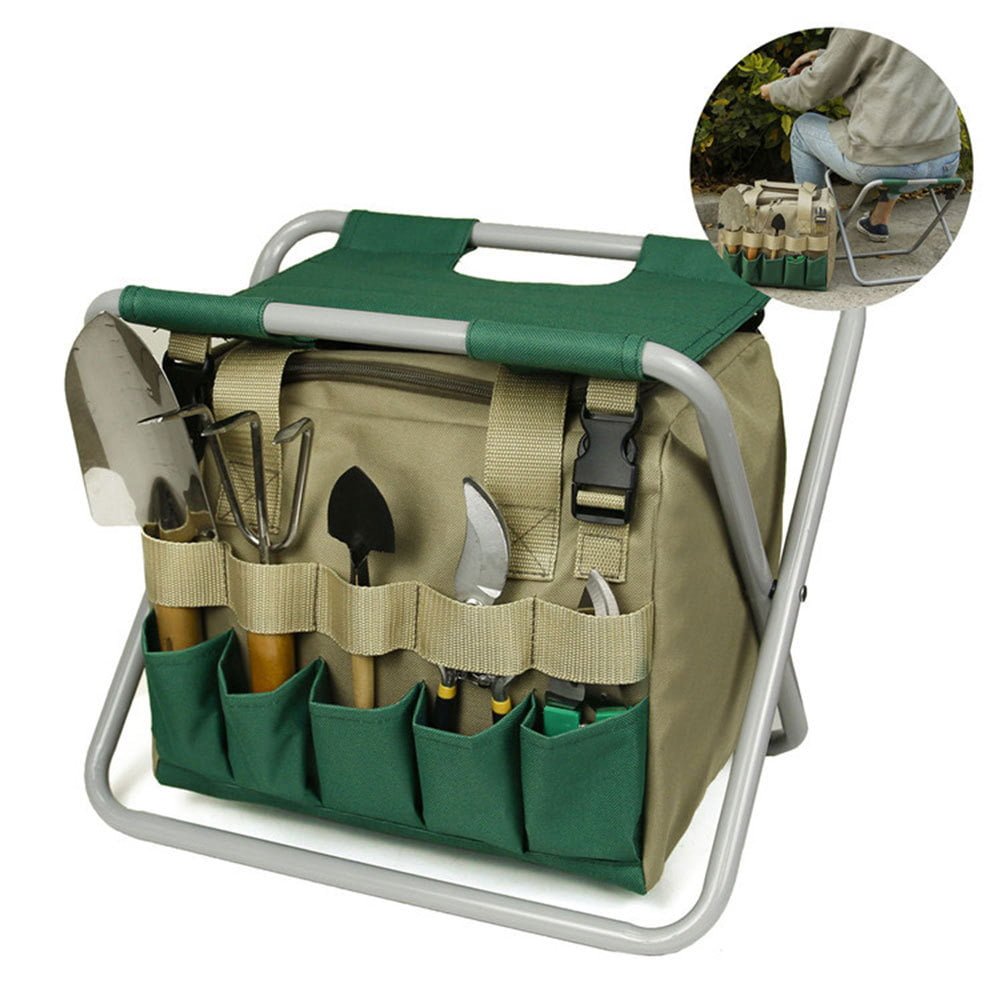
Methods for getting rid of fungus gnats on houseplants
Fungus gnats are tiny, dark-colored flies that can be a nuisance in indoor gardens. While the adult gnats are primarily a nuisance, their larvae can feed on plant roots and stunt growth. Fortunately, there are several effective non-chemical methods to get rid of fungus gnats on your houseplants:
- Allow soil to dry out: Fungus gnat larvae thrive in moist soil conditions. Allow the top inch or two of soil to dry out between waterings, as this can disrupt their life cycle and discourage their reproduction.
- Use sand or gravel toppers: Adding a layer of sand or gravel on top of the soil can create an inhospitable environment for fungus gnat larvae and prevent adult gnats from laying eggs.
- Sticky traps: Yellow sticky traps can be placed near infested plants to capture adult fungus gnats, helping to reduce their populations.
- Beneficial nematodes: Introducing beneficial nematodes, such as Steinernema feltiae, into the soil can effectively control fungus gnat larvae without harming plants or other organisms.
- Hydrogen peroxide drench: Mix one part hydrogen peroxide with four parts water and drench the soil around the affected plants. This can help kill fungus gnat larvae and pupae in the soil.
- Cinnamon or coffee grounds: Sprinkling cinnamon or used coffee grounds on the soil surface can deter adult fungus gnats from laying eggs and can also help suppress fungal growth that attracts them.
- Repotting and soil replacement: In severe infestations, it may be necessary to repot the plant in a fresh, sterile potting mix to eliminate the fungus gnat population.
By implementing a combination of these non-chemical methods and maintaining proper watering practices, you can effectively manage fungus gnat infestations on your houseplants without resorting to harmful chemicals.
Controlling spider mites without chemicals
Spider mites are tiny arachnids that can quickly infest houseplants, causing leaves to turn yellow, brown, or develop stippled patterns. While chemical miticides can be effective, there are several non-chemical methods to control spider mite infestations:
- Increase humidity: Spider mites thrive in dry conditions. Increasing the humidity around your plants by misting them regularly or using a humidifier can create an unfavorable environment for these pests.
- Insecticidal soap spray: Mix a few drops of insecticidal soap with water and spray directly onto the affected plants, making sure to coat both the upper and lower leaf surfaces. Repeat the application every 7-10 days until the infestation is under control.
- Horticultural oil treatment: Lightweight oils, such as neem, jojoba, or canola oil, can suffocate and kill spider mites. Apply the oil as a foliar spray or soil drench, following the manufacturer’s instructions.
- Water spray: A strong stream of water can dislodge and knock off spider mites from your plants. Use a garden hose or spray bottle to thoroughly rinse the affected areas, taking care not to damage the delicate plant tissues.
- Predatory mites: Introducing predatory mites, such as Phytoseiulus persimilis or Neoseiulus californicus, can help control spider mite populations naturally. These beneficial mites feed on spider mites and their eggs.
- Pruning and removal: Regularly inspect your plants and remove any heavily infested leaves or stems. This can help reduce the overall spider mite population and prevent further spread.
- Quarantine and isolation: If you have a severe infestation, consider quarantining the affected plants to prevent the spread of spider mites to other plants in your indoor garden.
By implementing a combination of these non-chemical methods and maintaining proper cultural practices, you can effectively manage spider mite infestations on your houseplants without resorting to harsh chemicals.
DIY pest control for indoor plants
If you prefer a more hands-on approach to controlling houseplant pests, there are several DIY solutions you can create using natural ingredients found in your kitchen or garden. These homemade remedies can be effective, inexpensive, and environmentally friendly. Here are some DIY pest control options for indoor plants:
- Garlic spray: Blend a few cloves of garlic with water and strain the mixture. Add a few drops of dish soap to the garlic water and spray onto the affected plants. The pungent aroma can deter pests like aphids, spider mites, and whiteflies.
- Chili pepper spray: Mix a few tablespoons of chili powder or crushed chili peppers with water and a few drops of dish soap. This spicy concoction can repel pests like aphids, mealybugs, and thrips.
- Neem oil solution: Neem oil is a natural insecticide and fungicide derived from the neem tree. Mix a few teaspoons of neem oil with water and a small amount of dish soap to create a foliar spray or soil drench.
- Herbal sprays: Steep herbs like rosemary, thyme, or mint in water and strain the mixture. Add a few drops of dish soap and use it as a foliar spray to repel pests like aphids, spider mites, and whiteflies.
- Baking soda solution: Combine one teaspoon of baking soda and a few drops of insecticidal soap or vegetable oil with one quart of water. This solution can help control fungal diseases and soft-bodied pests like aphids and mealybugs.
- Diatomaceous earth: This powdery substance, made from fossilized algae, can dehydrate and kill soft-bodied pests like aphids and mealybugs. Sprinkle it onto the soil or directly onto the affected plants.
Remember to always test these DIY solutions on a small area of your plant first to ensure there are no adverse reactions. Additionally, be consistent and reapply the treatments as needed to achieve effective pest control.
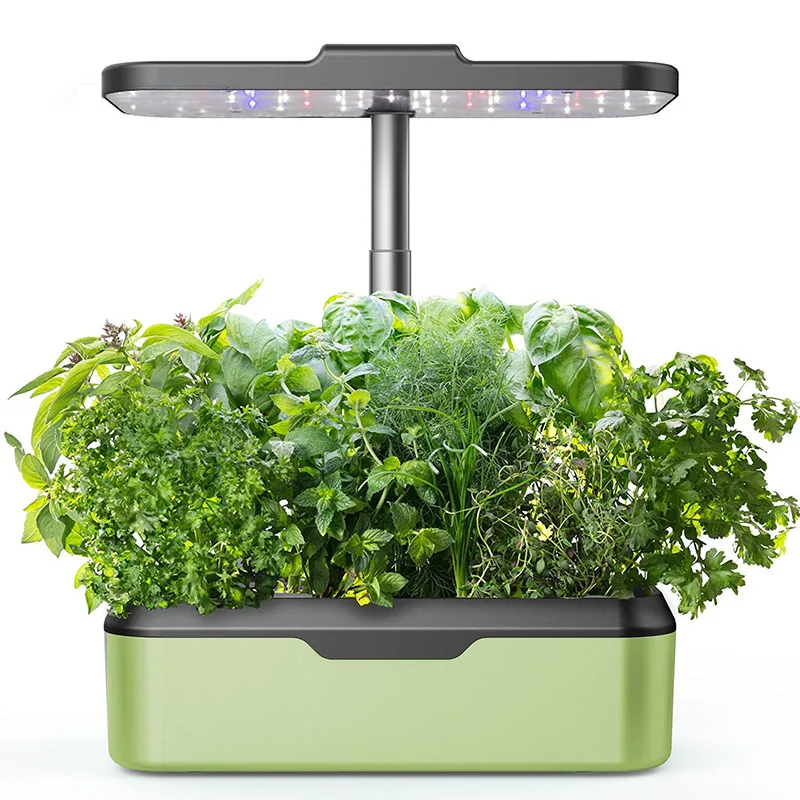
Effective ways to manage pests on indoor plants
Managing pests on indoor plants requires a multi-faceted approach that combines various non-chemical methods. By implementing a combination of these strategies, you can effectively control pest populations while promoting a healthier and more sustainable indoor environment. Here are some effective ways to manage pests on your indoor plants:
- Monitoring and early detection: Regularly inspect your plants for signs of pests or damage. Early detection is key to preventing infestations from becoming severe.
- Cultural practices: Maintain proper watering, fertilizing, and pruning practices to promote healthy plant growth, which can help plants better withstand pest attacks.
- Sanitation: Remove and dispose of infested plant material, and clean up any debris or spilled soil to eliminate potential breeding grounds for pests.
- Insecticidal soaps and horticultural oils: Use plant-based insecticidal soaps and lightweight horticultural oils to control soft-bodied pests like aphids, mealybugs, and spider mites.
- Beneficial insects: Introduce predatory insects like ladybugs, lacewings, or parasitic wasps to your indoor garden to help control pest populations naturally.
- Quarantine and isolation: If you have a severe infestation, consider quarantining the affected plants to prevent the spread of pests to other plants in your indoor garden.
- Rotating control methods: Rotate between different non-chemical control methods to prevent pests from developing resistance and to target different life stages of the pests. Consistency is key when managing pests on indoor plants. Regularly monitor your plants, implement cultural practices, and rotate between different non-chemical control methods to maintain a healthy and pest-free indoor garden.
Environmentally-friendly solutions for houseplant pest control
Embracing environmentally friendly solutions for houseplant pest control not only protects your plants but also promotes a healthier and more sustainable indoor environment. By avoiding harsh chemicals, you can minimize your exposure to potential toxins while reducing your impact on the environment. Here are some eco-friendly solutions to consider:
- Insecticidal soaps: These plant-based soaps are formulated to effectively control soft-bodied pests like aphids, mealybugs, and spider mites without harming beneficial insects or posing risks to humans or pets.
- Neem oil: Derived from the neem tree, this natural oil has insecticidal and fungicidal properties. It can be used as a foliar spray or soil drench to combat a wide range of pests and diseases.
- Diatomaceous earth: This powdery substance, made from fossilized algae, can dehydrate and kill soft-bodied pests like aphids and mealybugs. It’s non-toxic and safe for use around humans and pets.
- Beneficial nematodes: These microscopic worms can be introduced into the soil to control soil-dwelling pests like fungus gnats and thrips without harming plants or other organisms.
- Beneficial insects: Introducing predatory insects like ladybugs, lacewings, or parasitic wasps can help control pest populations naturally without the use of chemicals.
- Botanical insecticides: Derived from plants like pyrethrum, neem, or sabadilla, these natural insecticides can effectively control a wide range of pests while posing minimal risks to humans and the environment.
By embracing these environmentally friendly solutions, you can effectively manage pests on your houseplants while promoting a greener and more sustainable indoor environment for you and your loved ones.
Prevention techniques for houseplant pests
While controlling existing pest infestations is important, preventing pests from becoming a problem in the first place is even better. By implementing preventative measures, you can reduce the likelihood of pest infestations and maintain a healthy indoor garden. Here are some effective prevention techniques for houseplant pests:
- Quarantine new plants: Before introducing new plants to your indoor garden, quarantine them for a few weeks to ensure they are pest-free. This can help prevent the spread of pests to your existing plants.
- Use sterile potting mix: Always use fresh, sterile potting mix when repotting your plants. Reusing old potting mix can harbor pests and diseases.
- Maintain proper cultural practices: Provide your plants with the appropriate amount of water, light, and fertilizer. Stressed or unhealthy plants are more susceptible to pest infestations.
- Inspect plants regularly: Regularly inspect your plants for signs of pests or damage. Early detection is key to preventing infestations from becoming severe.
- Clean and sanitize tools: Disinfect pruning shears, pots, and other gardening tools to prevent the spread of pests and diseases between plants.
- Isolate infested plants: If you notice a pest infestation, isolate the affected plants to prevent the pests from spreading to other plants in your indoor garden.
- Use physical barriers: Consider using barriers like sticky traps or reflective mulches to deter or capture pests before they can infest your plants.
By implementing these prevention techniques, you can create an inhospitable environment for pests and reduce the likelihood of infestations in your indoor garden.
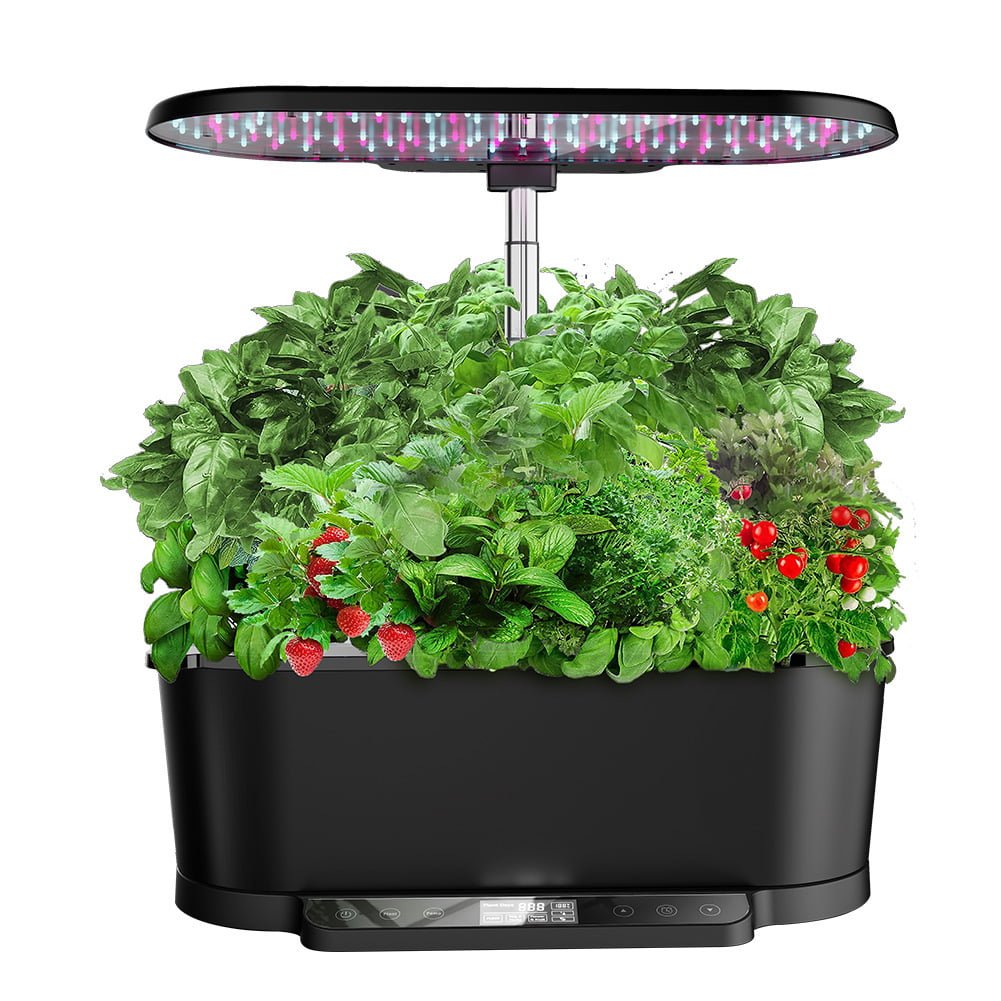
When to consider chemical pesticides
While non-chemical methods are often preferred for controlling houseplant pests, there may be instances when chemical pesticides are necessary as a last resort. If you have tried multiple non-chemical approaches and the infestation persists, or if the pest population is severe and threatens the health of your plants, chemical pesticides may be an option to consider.
However, it’s important to use chemical pesticides judiciously and with caution. Always read and follow the label instructions carefully, and take appropriate safety precautions to protect yourself, your family, and your pets.
When using chemical pesticides, consider the following:
- Identify the pest: Accurately identify the pest you’re dealing with to ensure you select the appropriate pesticide.
- Choose targeted pesticides: Opt for pesticides that are specifically formulated for the pest you’re trying to control, rather than broad-spectrum products.
- Use as a last resort: Exhaust all non-chemical options first before resorting to chemical pesticides.
- Follow safety guidelines: Wear protective clothing, such as gloves and a mask, and apply the pesticide in a well-ventilated area.
- Avoid overuse: Use the minimum amount of pesticide necessary and avoid repeated applications unless necessary.
- Consider organic pesticides: If chemical pesticides are unavoidable, consider using organic or naturally derived pesticides, which may be less harmful to humans and the environment.
Remember, chemical pesticides should always be used as a last resort and with caution. If you have concerns or doubts, consult with a professional horticulturist or pest control specialist for guidance.
Conclusion
Maintaining a healthy and pest-free indoor garden requires a proactive and sustainable approach. By embracing non-chemical pest control methods and implementing preventative measures, you can effectively manage houseplant pests while promoting a greener and more sustainable indoor environment.
From insecticidal soaps and horticultural oils to beneficial insects and DIY remedies, there are numerous eco-friendly solutions at your disposal. By combining these methods with proper cultural practices and regular monitoring, you can create an inhospitable environment for pests and enjoy the beauty and serenity of your houseplants without the worry of infestations.
Remember, chemical pesticides should only be considered as a last resort and used with caution. By prioritizing non-chemical methods and embracing environmentally friendly solutions, you can protect your plants, your health, and the environment all at once. Embrace the joy of indoor gardening and take control of houseplant pests today! Visit our website to explore our range of natural and eco-friendly pest control products, and embark on a journey towards a healthier and more sustainable indoor garden.
FAQs
What are some common natural remedies to control pests on houseplants?
There are several natural remedies that can control houseplant pests. Neem oil, insecticidal soaps, and homemade sprays made from garlic or hot pepper can deter pests. Additionally, introducing beneficial insects like ladybugs can help manage aphid populations.
How often should I check my houseplants for signs of pests?
It’s a good idea to check your houseplants regularly, ideally once a week, for signs of pests. Look closely at the undersides of leaves and near the stems for any unusual spots, webbing, or bugs. Early detection is key to preventing a small infestation from becoming a larger problem.
Can houseplants recover from pest damage?
Yes, houseplants can often recover from pest damage if the infestation is caught early and treated effectively. After removing pests, continue to care for the plant by providing proper light, water, and nutrients to help it regain its health.
Are there any preventive measures to avoid pest infestations on houseplants?
Preventive measures include keeping your plants healthy, as pests often attack weakened plants first. Ensure your plants have the right amount of light, water, and nutrients. Regularly cleaning the leaves and avoiding overcrowding can also help prevent pests. Quarantining new plants before introducing them to your collection can help catch infestations early.
What should I do if natural remedies don’t control the pests?
If natural remedies fail to control the pests, you might need to isolate the affected plant to prevent the spread of pests to other houseplants. Assess the situation to see if more aggressive treatments, such as horticultural oils or, as a last resort, chemical pesticides, might be necessary. Consult with a professional or a local garden center for advice tailored to your specific situation and type of pest.